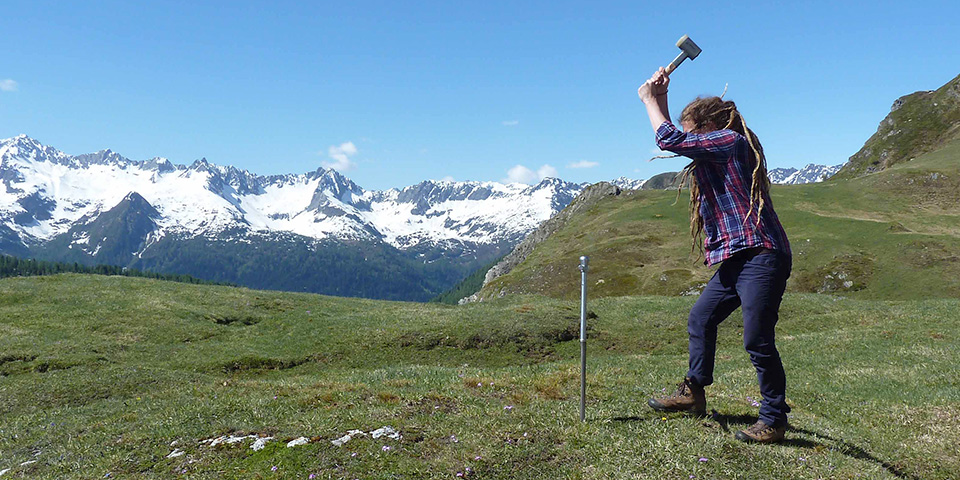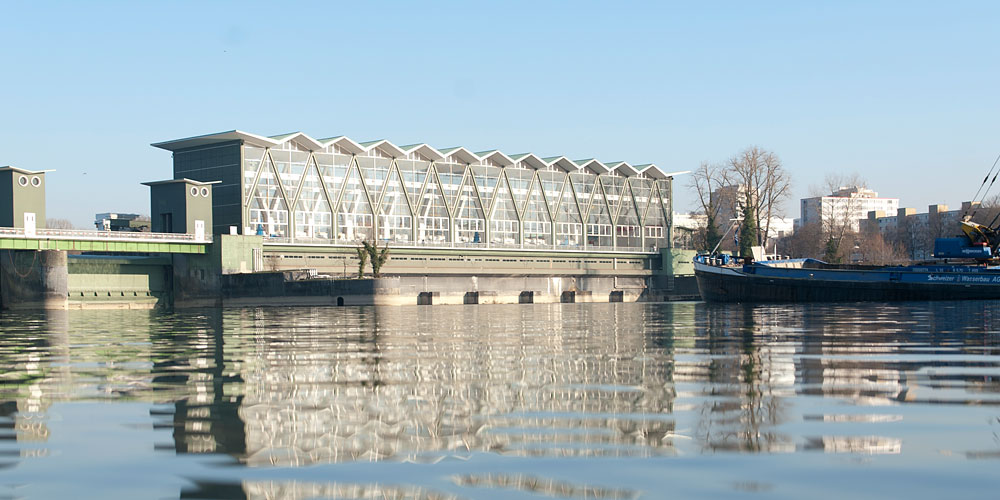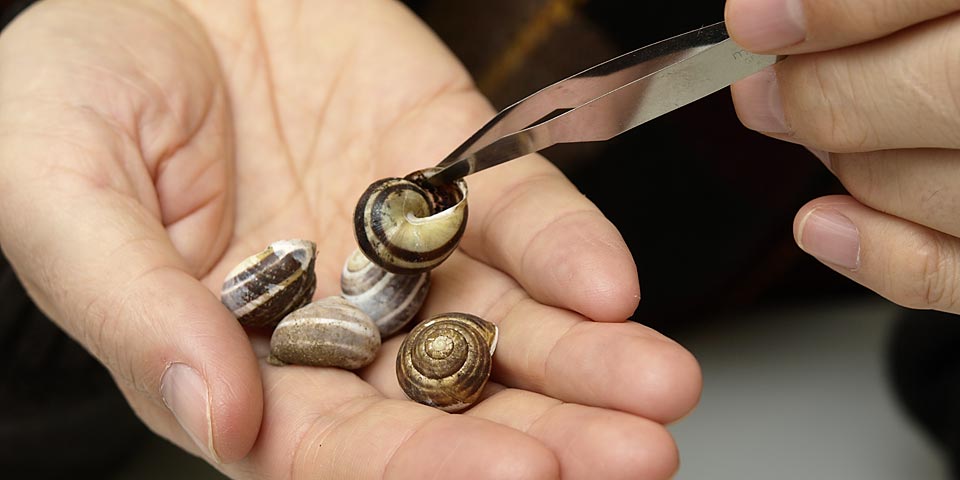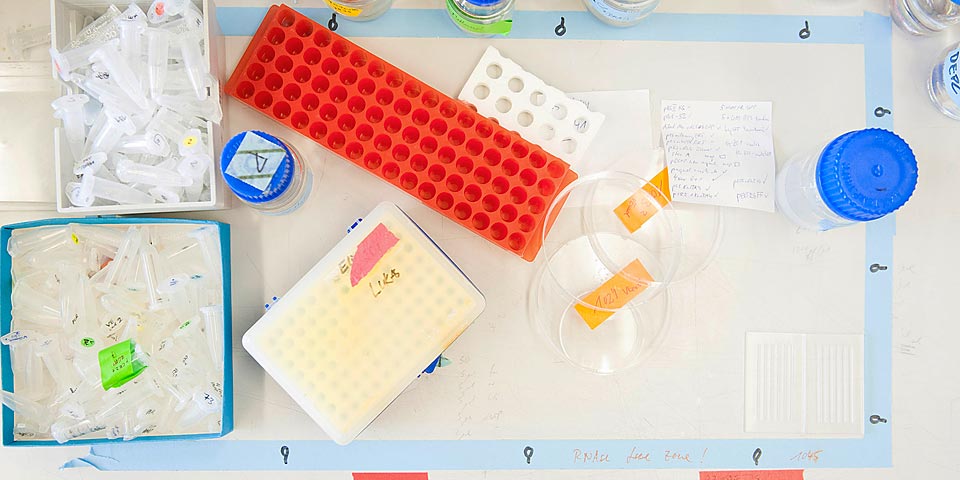Ecology Abschluss: Master
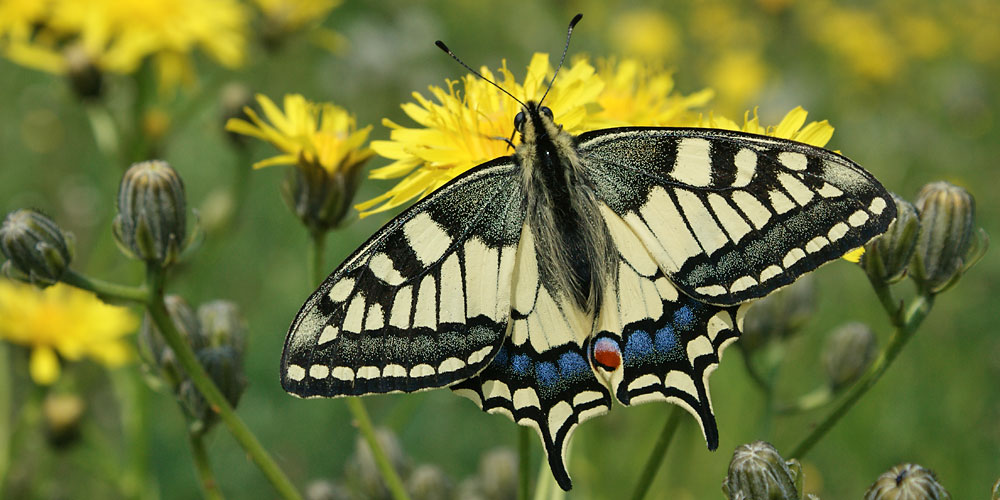
Im Überblick
- Art
- Studiengang
- Abschluss
- Master
- Studienstart
- Herbst-, Frühjahrsemester
- Struktur
- 1 Studiengang & Wahlbereich
- Regelstudienzeit
- 3 Semester
- Credits
- 90
- Sprache
- Englisch
- Zuständige Fakultät
- Philosophisch-Naturwissenschaftliche Fakultät
Zugangsvoraussetzung
Information on admission:
www.unibas.ch/admission
Termine und Fristen
Within the Basel life science program, the Department of Environmental Sciences and its associates offer this comprehensive Master course for graduates with a background in biology or environmental sciences. The course builds upon the strength and leadership in functional ecology and conservation biology of the associated institutes and covers plant and animal sciences as well as ecosystem sciences. Course modules cover a wide spectrum of plant and animal ecology, ecosystem science and conservation biology, giving students the possibility of studying the interactions among organisms, between organisms and their environment, ecosystem processes and human influences on ecosystem integrity and biological diversity.
Related Links and Downloads
Research Findings and Scientific Developments
Are you interested in current scientific developments and research findings in this field? On the research websites, you will find numerous publications by researchers from the University of Basel. This resource offers valuable insights and helps you get to know a subject area better–both as an orientation aid and as an accompanying source of information during your studies.
Discover publications and research areas now:
Department of Environmental Sciences
UNIverse Research Portal of the UNIversity of Basel (unibas.ch)
https://duw.unibas.ch/
Das richtige Studium gefunden?
Diese Studienangebote könnten Sie ebenfalls interessieren:

Melde dich jetzt für die Schnupper Winter School der Universität Basel an.
Interessierst du dich für ein Studium an der Universität Basel?
Vom 16. bis 20. Februar 2026 finden Workshops für Gymnasiasten und Gymnasiastinnen statt.
Zum Programm der Schnupper Winter School 2026.

